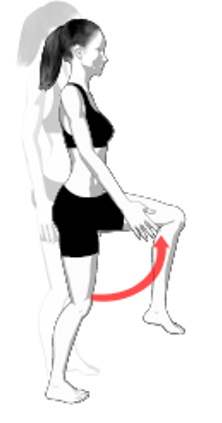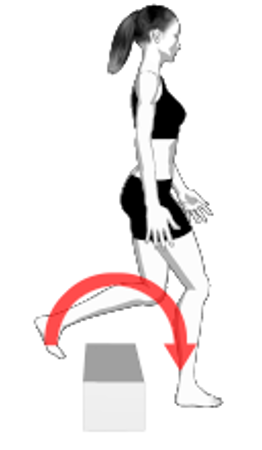Bradykinesia

Antioxidants may lower risk of Parkinson’s
13th May 2021
Parkinson’s Community Heroes
13th May 2021Bradykinesia

Bradykinesia
Bradykinesia implies slow movement and reduced size of movement rather than a drawn out starting of movement.
It can affect one limb, or one side or your whole body and changes from moment to moment.
With Parkinson’s movements become slower, smaller and more difficult, people tend to move less.
This makes moving even harder and reduces your daily quality of life.
If you are worried about a change in your movement, you should see your specialist, who may adjust your medication.
Once medication is at an optimal level you should see a physiotherapist, exercise physiologist who will assess your symptoms and recommend exercises and strategies to help improve your movement.
What’s important is to keep mobile and remain independent, here are some tips:
- continue your daily routine as long as you can
- do things that require more effort when you feel your best
- build in rest time during the day
- remove rugs or other obstacles that may cause a fall
- replace buttons with velcro
- wear clothing with elastic waistbands instead of belts (much more comfortable anyway!)
- Maintain a positive attitude. This will help you overcome all sorts of difficulties. Focusing on the bad only makes things worse.
- Diligently do your daily exercises.
Research has proven – Moderate to intense Cardiovascular /aerobic exercise has a significant improvement on Bradykinesia.
Exercise you can do at home to help your walking gait which is frequently affected by Bradykinesia.

Stand on the spot
lift your knees as high as you can get them
Repeat 20 times or less to start off with and build up
Make sure your balanced and secure.
Hold onto the back of a chair if you need to

Put something on the floor such as a broom handle and step over it
Gently go back and repeat
or
practice big movements by taking longer strides
be safe and make sure there are no obstacles that could trip you
For more information call the Parkinson’s NSW InfoLine 1800 644 189



